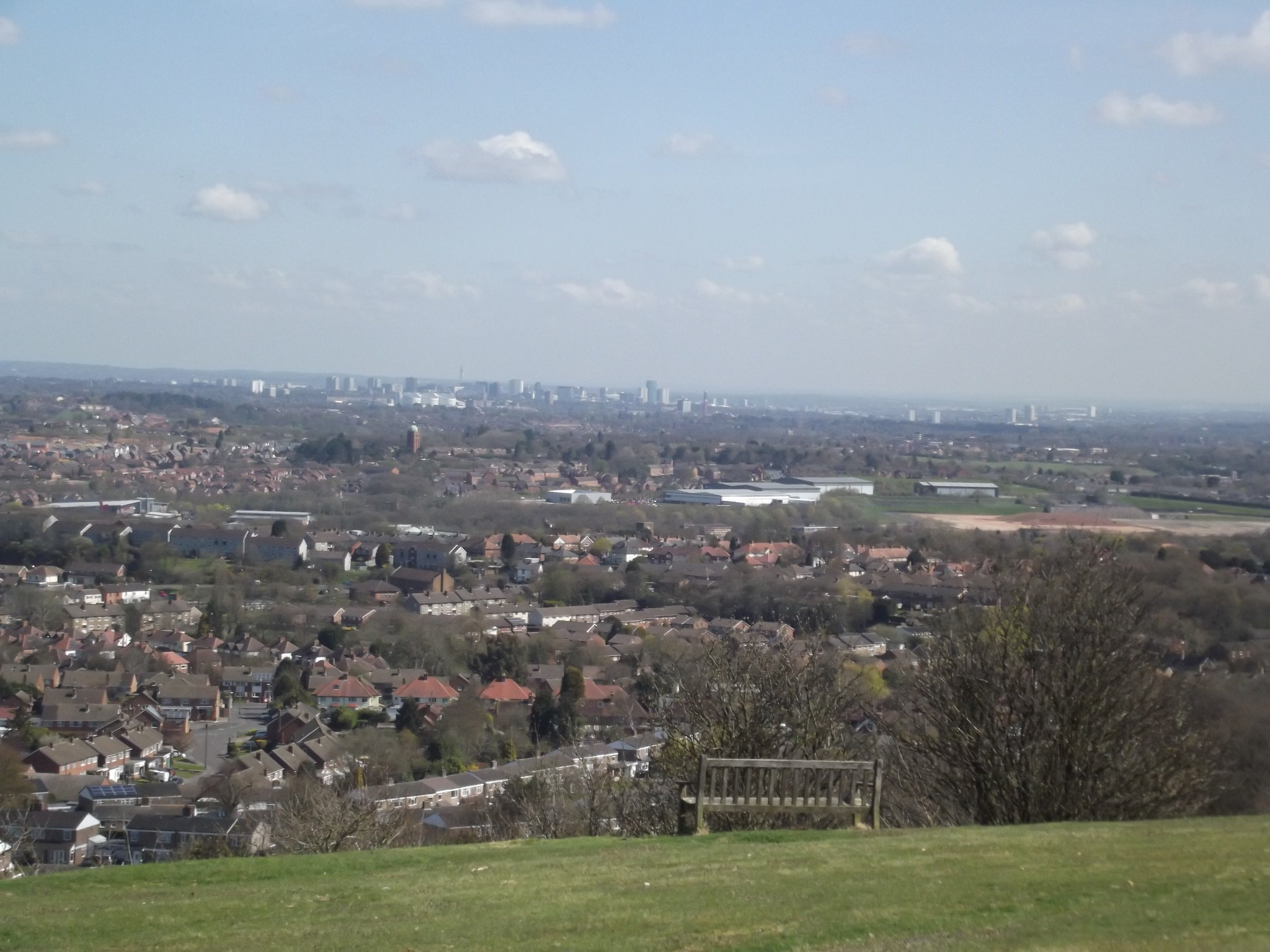
New assistant professor Joshua Evans studies geographies of personal recovery. Photo credit: Elliot Brown. CC by 2.0
As a human geographer, Joshua Evans is curious about the ways marginalized individuals are connected, disconnected, and reconnected to the communities in which they live and work. His research is focused on geographies of personal recovery.
"Not recovery in the clinical sense, where someone is treated and restored, but rather in terms of living well in the community despite the restrictions or circumstances that exist there," explained Evans, new assistant professor in the Department of Earth and Atmospheric Sciences. "As a geographer, I'm interested in the places and spaces of support that enable this personal recovery."
Evans' research has two main streams: managed alcohol programs and alternative workplaces.
Managed alcohol programs
Managed alcohol programs are permanent supportive housing programs targeted toward individuals who have had little success with abstinence-based drug and alcohol treatment programs and also those who are chronically homeless. Currently, Evans is involved in a nation-wide evaluation of managed alcohol programs across Canada with collaborators at the University of Victoria. One site of the evaluation is a program in Edmonton's downtown core-- Ambrose Place.
For the last 2 years, Evans has worked with clients, staff, and volunteers at Ambrose Place to understand how and why the program is effective. "One thing that has become abundantly clear is the importance of cultural programming and support within supportive housing programs," said Evans. "Ambrose Place is an indigenous-lead program and serves indigenous clients. This cultural support has been integral to their success."
Alternative workplaces
Another area of Evans' research is alternative workplaces, a type of programming that provides people with serious mental health issues the opportunity to participate in paid employment. "These workplaces use economic means to meet social goals," explained Evans.
Research on alternative workplaces shows that paid employment is very significant for a person's well being. "There is an intangible benefit to having somewhere to go and something productive to do," said Evans. "Our self worth is closely linked to our ability to participate in the community."
In addition to his research, Evans is teaching research methods in human geography in the Department of Earth and Atmospheric Sciences, with an emphasis on both qualitative and quantitative methods of inquiry.